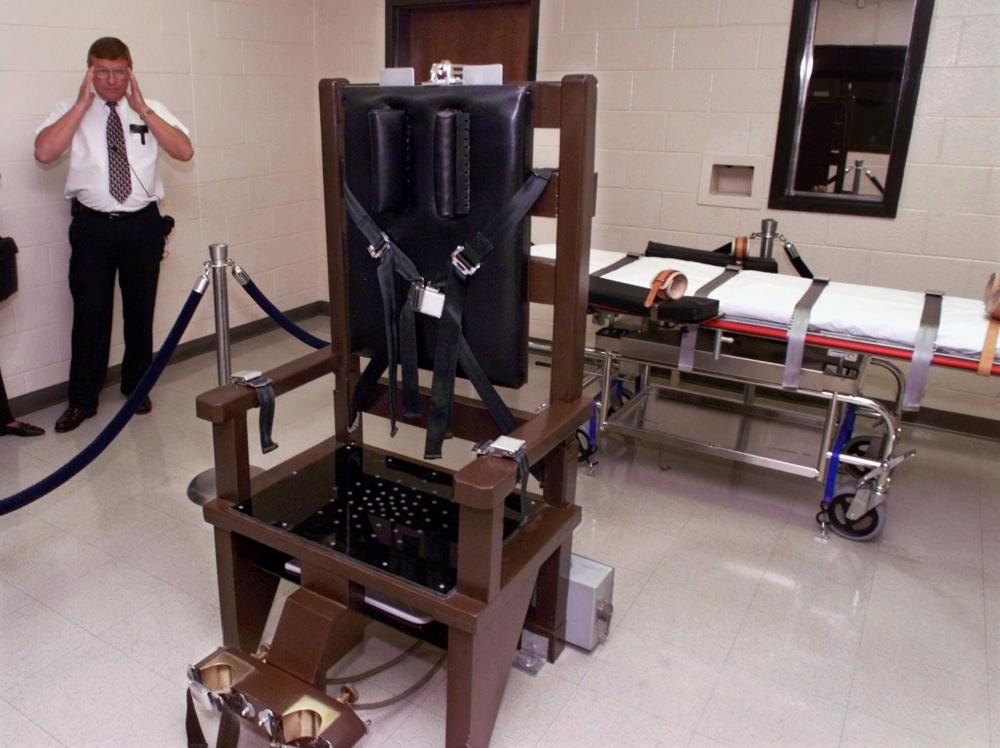Tennessee’s governor has signed a bill that would allow the state to use of the electric chair if lethal injection drugs are unavailable.
A spokesman for Republican Gov. Bill Haslam confirmed to The Associated Press that the legislation had been signed after passing the state Senate by a 23-3 vote and the House by a 68-13 margin.
The AP reports:
“Richard Dieter is the executive director of the Death Penalty Information Center. Dieter said Tennessee is the first state to enact a law to reintroduce the electric chair without giving prisoners an option.”
“Dieter says he expects legal challenges to arise if the state decides to go through with an electrocution.”
Currently, Tennessee death row inmates can opt for the electric chair instead of lethal injection, but the state gives them a choice. The new law says the state can unilaterally mandate the chair if lethal injection drugs can’t be obtained.
The drugs have been in short supply. As NPR’s Alan Greenblatt reported last month:
“In 2011, the European Union imposed an embargo on exports of drugs used to carry out the death penalty in America, cutting states off from their primary suppliers of sodium thiopental, the anesthetic they had most relied on.
“Some states consequently have tried out new drugs and dosages in recent months. Some have turned to unregulated compounding pharmacies to make the drugs.”
The Tennessee governor’s signature follows a U.S. Supreme Court ruling on Wednesday that halted the execution by lethal injection in Missouri of death row inmate Russell Bucklew. The court granted a stay and kicked the case back to a lower federal court.
Bucklew’s execution, if it had taken place as scheduled, would have been the first since last month’s botched lethal injection of Oklahoma inmate Clayton D. Lockett.
Lockett died of a heart attack after his execution was aborted.
9(MDA3MTA1NDEyMDEyOTkyNTU3NzQ2ZGYwZg004))
